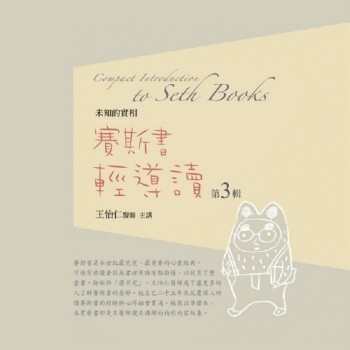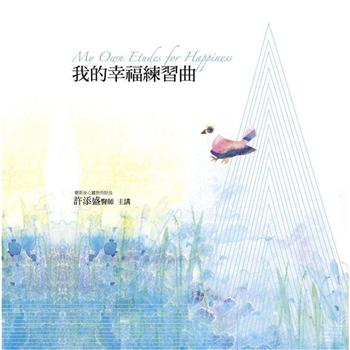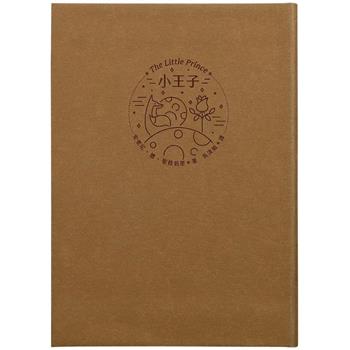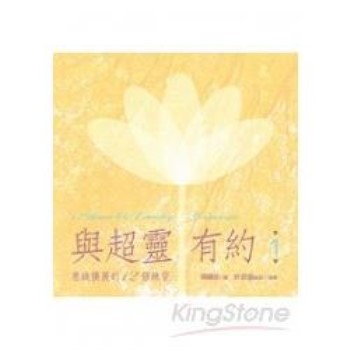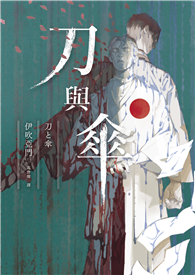Kim details a brief history of urban renewal in central Seoul through articulating urban planning paradigm shifts. This book illustrates four main themes in central Seoul: the restoration of the Cheonggye stream, the redevelopment of the Sewoon Plaza, the enhancement of walkability and public transport networks, and history-centred urban renewal.
Urban renewal is seen as a remedy for urban sprawl and is appreciated for its capacity to make use of pre-existing infrastructure and cultural assets in high-density urban areas. However, it faces critical challenges, such as fragmented property ownership and escalated land prices in comparison to peri-urban areas. The book focuses on how planning policies have shaped the urban renewal process in central Seoul, South Korea. Spatial development policies for central Seoul have been changed from modern transport facilities, post-war reconstruction, informality, and industrialisation to walkability, sustainability, and social cohesion in line with economic restructuring. In recent times, there has been a significant change in thinking towards creating public spaces for walking, preserving historical sites and heritage, and maintaining green spaces. These inter-connected topics contribute to understanding the complexity of urban renewal.
A useful read for researchers on urban planning and policies who are keen to understand the complicated process of urban renewal and ways to revitalise economic and human activities and transform built environments.

